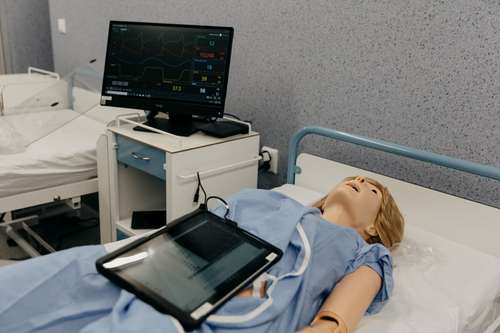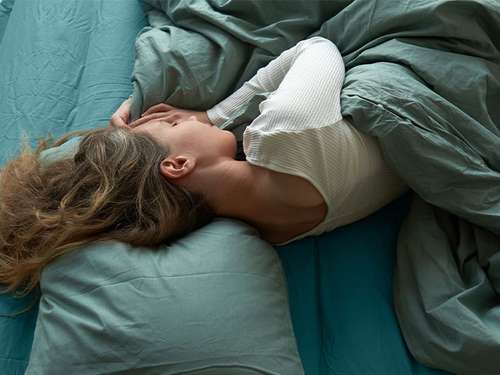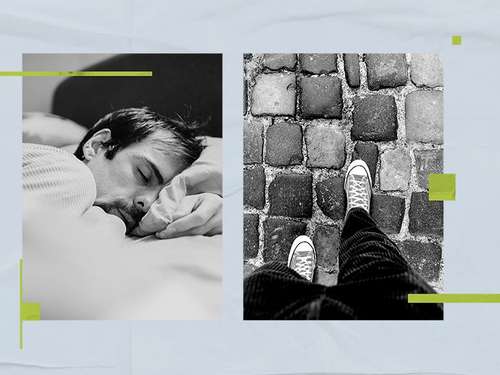What Is Sleep Deprivation?
Sleep deprivation results from the quantity (not getting enough) or quality (sleeping at the wrong time of the day) of sleep the human body gets.When Should A Teenager Sleep? (The Quantity & Quality)
A teenager needs at least 9 hours of sleep daily at night. This means that sending a teenager to bed earlier does not translate to a good night's sleep as their circadian clock changes at this stage, and their body demands more sleep late at night than during the day or evenings. Most teens today do not get enough restorative sleep & REM sleep. Restorative Sleep helps the body regain vitality after a long and stressful day, while REM sleep helps retain activities and memory lessons. So when a teen does not get up to 9 hours of sleep at night before waking up and preparing for school, it means that he is sleep deprived and may not even catch up even if he has lengthy sleep hours on weekends.Effects Of Sleep Deprivation
Every parent or guardian wants a "straight A" teenager, but this usually comes at a peril because they have to "burn out the night candle" to be seen as studious or at least making an attempt. As if that were not enough, early school start times keep them out of bed just before they can catch a good night's sleep. One of the most sleep-deprived people in the world, the US, especially teenagers. Studies show that most teens do not get enough sleep or sleep at all. Scientists suggested that middle and high schools reduce their start time so teen students can have an improved sleep routine and, in turn, stable mental, physical, and emotional health that allows them to thrive in academics and other spheres. Despite the obvious attempts by researchers, medical organizations, and The Centers for Disease Control to advocate a school routine that promotes the active health of teen students, most schools are still yet to employ these measures in their school system, creating a cycle of many more sleep-deprived teenagers in the US. This led to a ripple effect of the following:- Increased Drug Use & Abuse
- Unhealthy Weight Gain
- Suicidal Attempts
- Increased Accident Rates




